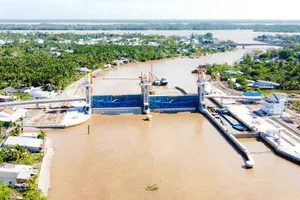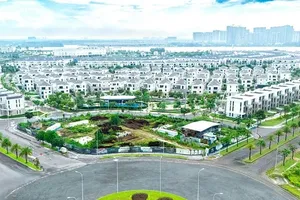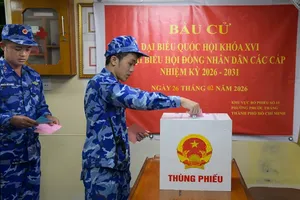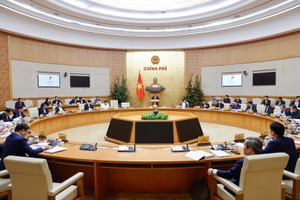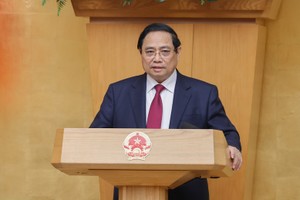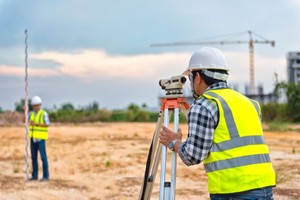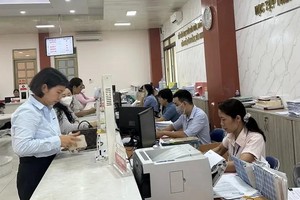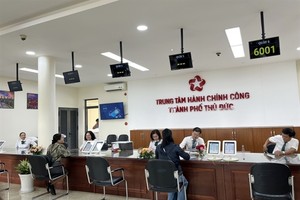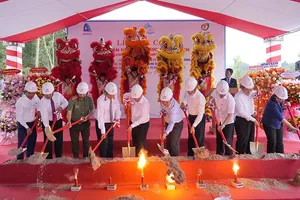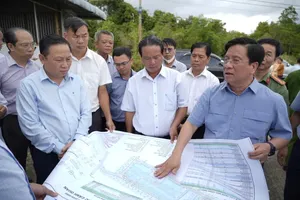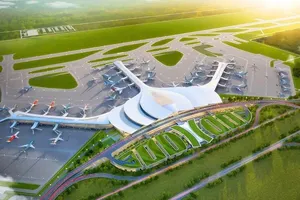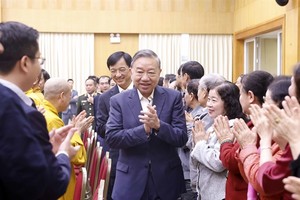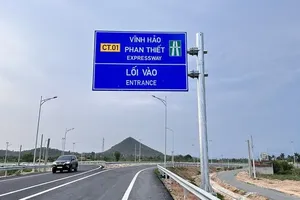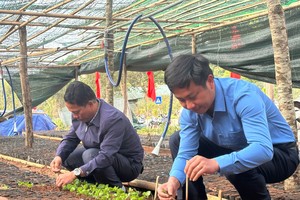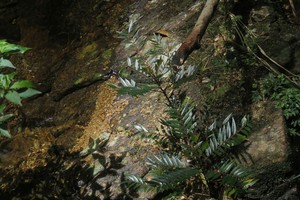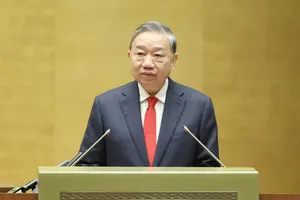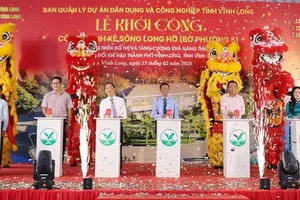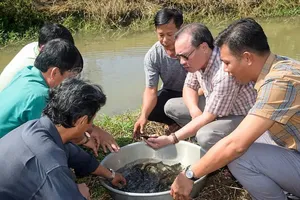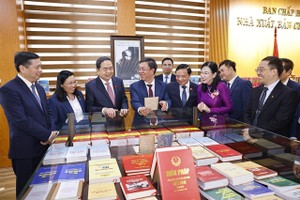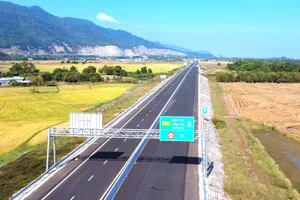National Assembly deputies discussed the Bill on Environment Tax yesterday, with many agreeing to the bill in principle, while raising concerns about how to make them reality.
Presenting the bill at the meeting, Finance Minister Vu Van Ninh said the country had not applied a specific tax on goods whose production and use causes harmful effects to the environment.
Such a tax would help restrain the production and consumption of goods that are unfriendly to the environment, Mr. Ninh said.
Under the bill, five commodities would be subject to the tax, including petrol and oil of various kinds, coal, hydrochlorofluorocarbons (HCFCs), plastic bags, and pesticides. The importers and producers of such items would be responsible for paying the new tax.
Tax rates are expected to range from VND1,000-4,000 per liter for petrol; VND1,000-3,000 per liter for aircraft fuel; VND300-2,000 per liter for diesel, oil, and mazut; VND6,000-30,000 per ton for coal; VND1,000-5,000 per kg for HCFCs; VND20,000-30,000 per kg for soft plastic bags; and VND500-5,000 per kg for pesticides.
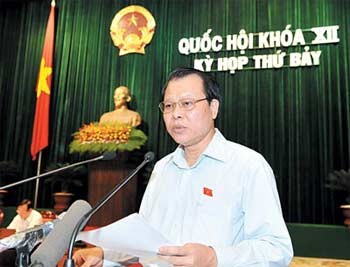
With such rates, the estimated maximum amount of revenue the tax could bring is VND57 trillion (US$3 billion) per year, he said.
The NA Financial and Budgetary Committee said the bill would create a legal framework for treatment of acts that harm to the environment. However, it said the Government should consider and assess the economic impact the bill would have on businesses and consumers; thereby seeking measures to minimize unfair burdens.
The committee also voiced concerns over whether current regulations on collecting environmental fees should be abolished when the new law comes into effect.
The issue must be addressed, to avoid overlapping taxation, said several committee members.
Deputy Nguyen Van Tuyet from Yen Bai province said the tax rate on petrol was high, since the cost of a liter of petrol is already subject to several taxes and fees.
He pointed out that such taxes and fees now account for 40 percent of the price of a liter of petrol.
A high tax on petrol will seriously affect peoples’ lives, he emphasized.
Regarding tax rates, Nguyen Dinh Xuan from Tay Ninh Province said the rate on coal was quite low, especially for exportation. He argued that exploitation and overuse of coal has caused pollution.
Meanwhile, he called for a higher rate for HCFCs, which he said the world had banned from production since it destroys the ozone layer.
Many other deputies suggested an expansion to the list of taxable items. Dang Ngoc Tung from Ho Chi Minh City said exploitation of minerals, like gold or sand, should be taxed.
Tran Hoang Tham, also from HCMC, said tobacco should also be included in the list.
“There are many other commodities the use of which can cause environmental pollution, so why have they yet to be placed the taxable list?” asked Ngo Minh Hong, another deputy from HCMC.
Dr. Tran Du Lich from HCMC put a question: “Is the law aimed at restraining the use of pollution-causing items or at increasing the revenue for the State budget?”
He answered his own question by saying that the law appeared to focus more on boosting budget revenue than on strengthening environmental protections.
In response to the above comments, Natural Resources and Environment Minister, Pham Khoi Nguyen, said the ultimate goal of the law was to restrain consumers from using goods that can give rise to pollution problems, not to get more money for the State budget.”
He also said there would be no double taxation, since the environment tax is different from the environment protection fee. The former is levied on products, while the latter is imposed on pollution sources, like wastewater or solid waste.
Therefore, the two instruments could both apply, depending on each specific case, he concluded.
